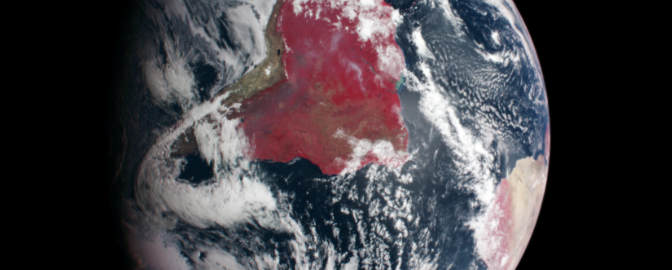[Updated] The Senate Proposes $17.9B for NASA, Matching the House's Increase

Written by
Casey Dreier
Chief of Space Policy, The Planetary Society
June 4, 2014
Update 2014-06-05: The bill has been approved by the full Senate Appropriations committee. Next stop: the full Senate votes on the bill at a date TBD.
The Senate's Commerce-Justice-Science (CJS) appropriations subcommittee released initial details about its budget for NASA in 2015. They're proposing $17.9 billion for the space agency, an increase of $435 million above the President's request, and essentially matching the level passed by the full House last week.
Details are few on how this money is spread throughout NASA. We don't yet know if they will follow the House's lead and increase to Planetary Science to $1.45 billion next year. But here's what we do know:
- $5.2 billion for NASA's Science Mission Directorate (SMD), very similar to the House's level and nearly $200 million more than the President requested. SMD contains all the separate science divisions: Planetary Science, Heliophysics, Astrophysics/James Webb Space Telescope, and Earth Science.
- $1.7 billion for the Space Launch System (SLS) heavy-lift rocket, an increase of $320 million above the President's request, and about $100 million more than approved by the House.
- $805 million for Commercial Crew, which below the President's $848 million request, but $20 million more than the House.
- $3 billion for operations of the International Space Station, slightly less than both the President and the House's levels (though the Senators may have rounded their numbers to the nearest whole).
Overall this is very promising. As usual, Marcia Smith at Space Policy Online has a good breakdown of some of the other policy issues, like confidence levels for the SLS and possible additional restrictions on Commercial Crew funding.
The subcommittee approved the bill unanimously, and it now moves to the full committee, which meets tomorrow (Thursday, June 6th). We may get additional information (including exact numbers) then.
Breakthrough research starts with YOU!
Your support will empower the next round of STEP grant winners. Make your gift today to fund tomorrow's promising science and technology projects.
Donate

 Explore Worlds
Explore Worlds Find Life
Find Life Defend Earth
Defend Earth

